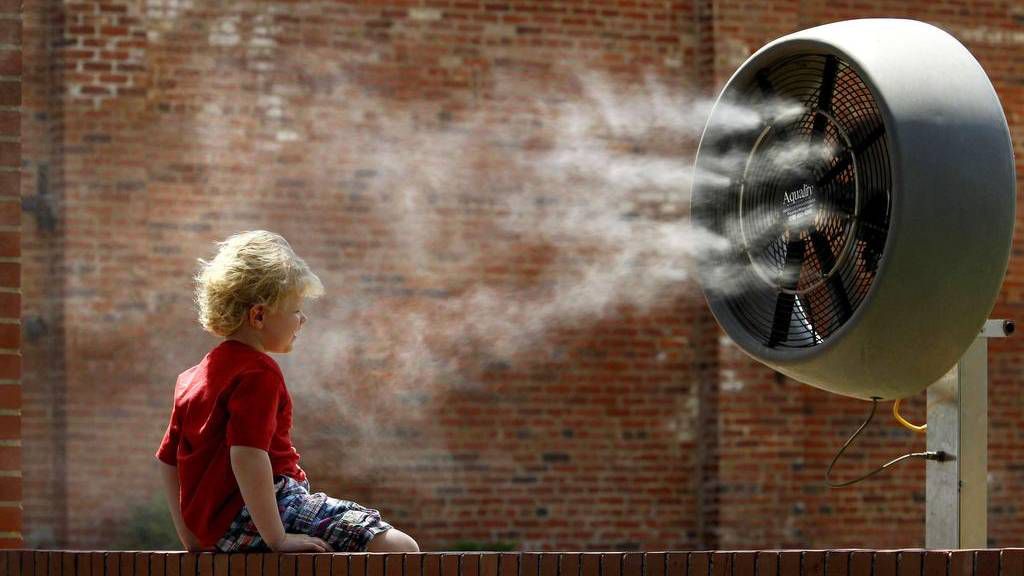As the heat and humidity of summer creeps up, there are several steps you can and should take to ensure you stay healthy and safe in the coming months.
According to the Centers for Disease Control and Prevention, over 600 people die each year because of high heat and humidity.
Infants, children, athletes, people over 65, those with chronic medical conditions and those who work outdoors are all at greater risk for developing heat-related illness, health experts say. Certain medications can also make the effects of extreme heat worse.
The American Red Cross says people with heart disease, poor blood circulation, obesity and mental illness are also at an increased risk of sickness when temperatures climb.
The following tips from the ARC can help keep you safe during the hot summer months:
- Hot cars can be deadly. Never leave children or pets in your vehicle. The inside temperature of the car can quickly reach 120 degrees
- Stay hydrated by drinking plenty of fluids. Avoid drinks with caffeine or alcohol
- Check on family, friends and neighbors who do not have air conditioning, who spend much of their time alone or who are more likely to be affected by the heat
- If you don’t have air conditioning, seek relief from the heat during the warmest part of the day in places like schools, libraries, theaters, malls, etc.
- Avoid extreme temperature changes
- Wear loose-fitting, lightweight, light-colored clothing. Avoid dark colors because they absorb the sun’s rays
- Slow down, stay indoors and avoid strenuous exercise during the hottest part of the day
- Postpone outdoor games and activities
- Take frequent breaks and use a buddy system when working outdoors
- Check on animals frequently to ensure that they are not suffering from the heat. Make sure they have plenty of cool water and shade
Experts say excessive heat can cause sunburn, heat cramps, heat exhaustion and heat stroke.
Heat stroke is a life-threatening condition that develops when the body systems are overwhelmed by heat and start to lose function. The ARC says it often occurs by ignoring signs of heat exhaustion.
Signs of heat exhaustion include cool, moist, pale or flushed skin, heavy sweating, headache, nausea, dizziness, weakness and exhaustion. If someone is exhibiting these symptoms, health officials say you should move them to a cooler place, remove or loosen tight clothing and spray the person with water or apply cool, wet cloths or towels to their skin. You can also fan the person and, if they are conscious, give them small amounts of cool water to drink. Make sure they drink slowly.
If the person’s condition worsens or if they refuse water, vomit or begin to lose consciousness, call 911.
Heat cramps that may occur in the legs or abdomen can be remedied by moving to a cooler place, resting, lightly stretching the affected muscle and replenishing fluids with a half a glass of cool water every 15 minutes.
Justin Pryor - Digital Media Producer
Justin is a Charlotte-based digital media producer. He is a South Carolina native who worked in similar roles at a Charlotte TV station before joining Spectrum News 1 in 2019. Justin is a graduate of the University of South Carolina.





